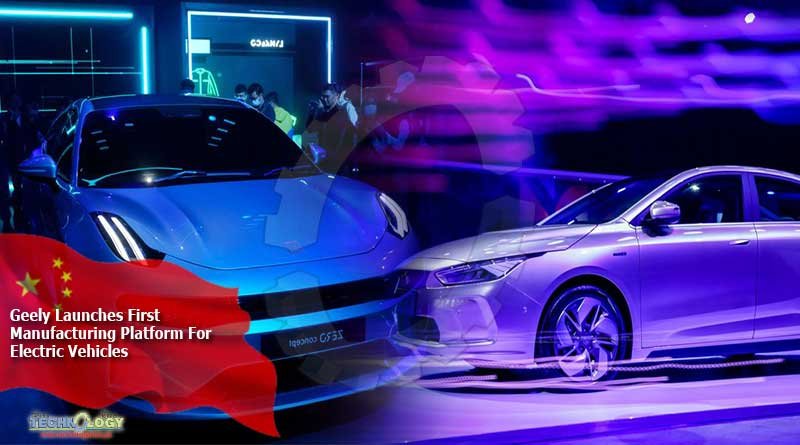Geely launched its first electric vehicle-focused platform, aimed at rolling out a variety of models more efficiently for Chinese automaker.

Zhejiang Geely Holding Group launched its first electric vehicle-focused platform on Wednesday, aimed at rolling out a variety of models more efficiently for both the Chinese automaker and its partners.
As the global auto industry ramps up investment in electric and high-tech vehicles, manufacturers from Volkswagen AG to General Motors Co have introduced platforms for electric vehicles (EVs).
Geely’s Sustainable Experience Architecture (SEA) will be able to support small as well as large vehicles, including sedans, SUVs, vans and pickup trucks, Geely’s president An Conghui said at an event in Beijing.
An said Geely, which has a 9.7% stake in Daimler AG, spent 18 billion yuan ($2.6 billion) on research and development for SEA. SEA uses more aluminium to make vehicles lighter and a front steering system for steady driving.
An said the platform also enabled Geely to develop more intelligent vehicle technologies, including autonomous driving and connectivity.
SEA will use a battery system with a lifespan of 2 million kilometres made by Contemporary Amperex Technology Co Ltd, An said.
Geely, which sold more than 2 million vehicles last year, will develop vehicles based on the SEA architecture under nine brands including Geely, Volvo, Smart and Lynk & Co.
Hangzhou-based Geely said in a statement it was also in talks with other automakers about sharing the platform. It is already building a car plant of its own using the EV architecture, construction documents on Geely’s website showed.
Geely and Volvo Cars, which it acquired from Ford Motor Co ten years ago, have jointly developed the Compact Modular Architecture (CMA) and B-segment Modular Architecture (BMA) to allow them to develop, design and build different types of compact or smaller cars with similar mechanical layouts faster than before – and at lower cost.
An said Geely would also develop conventional hybrid vehicles to improve the fuel efficiency of gasoline cars.
The article is originally published at Reuters
